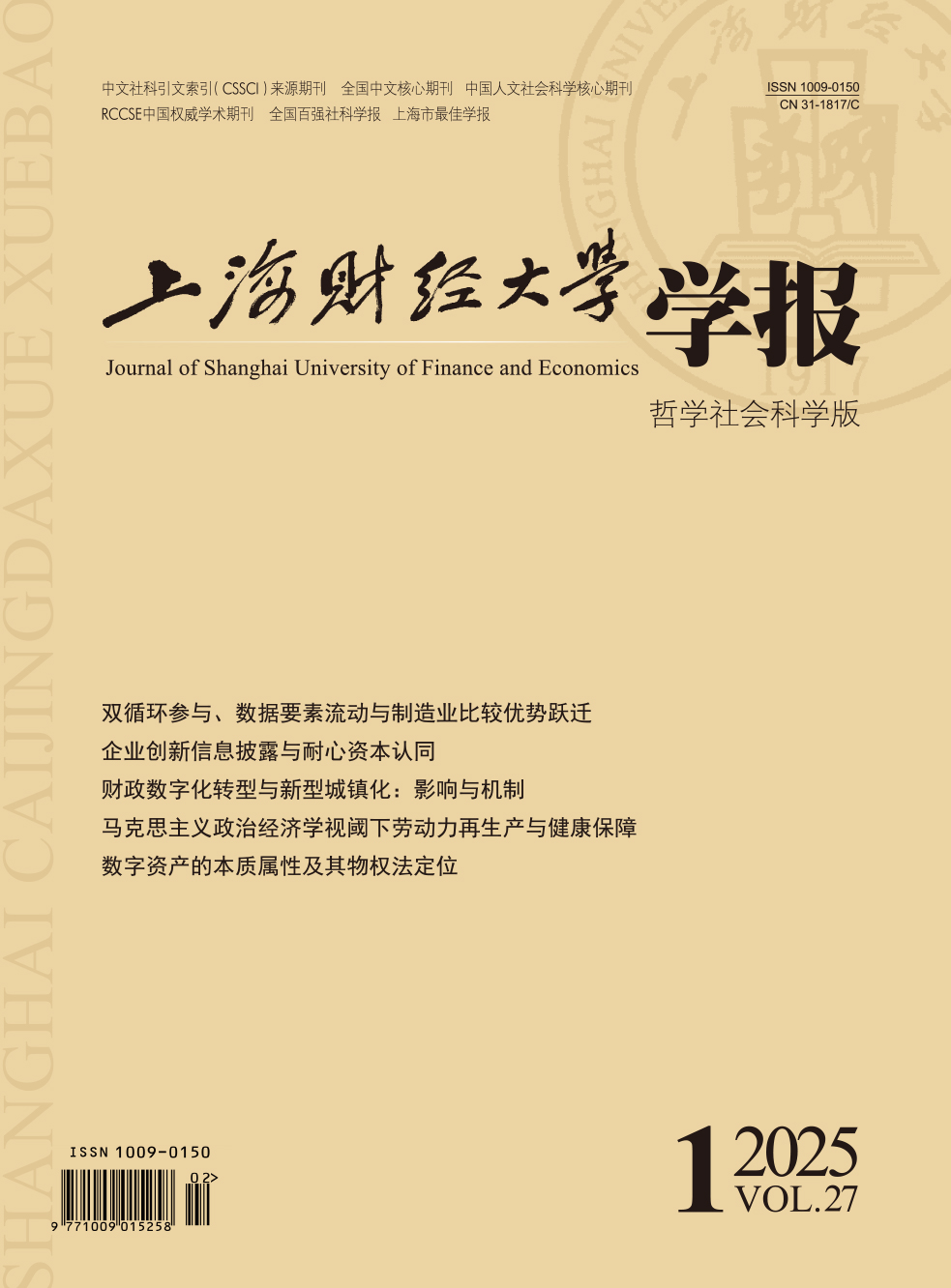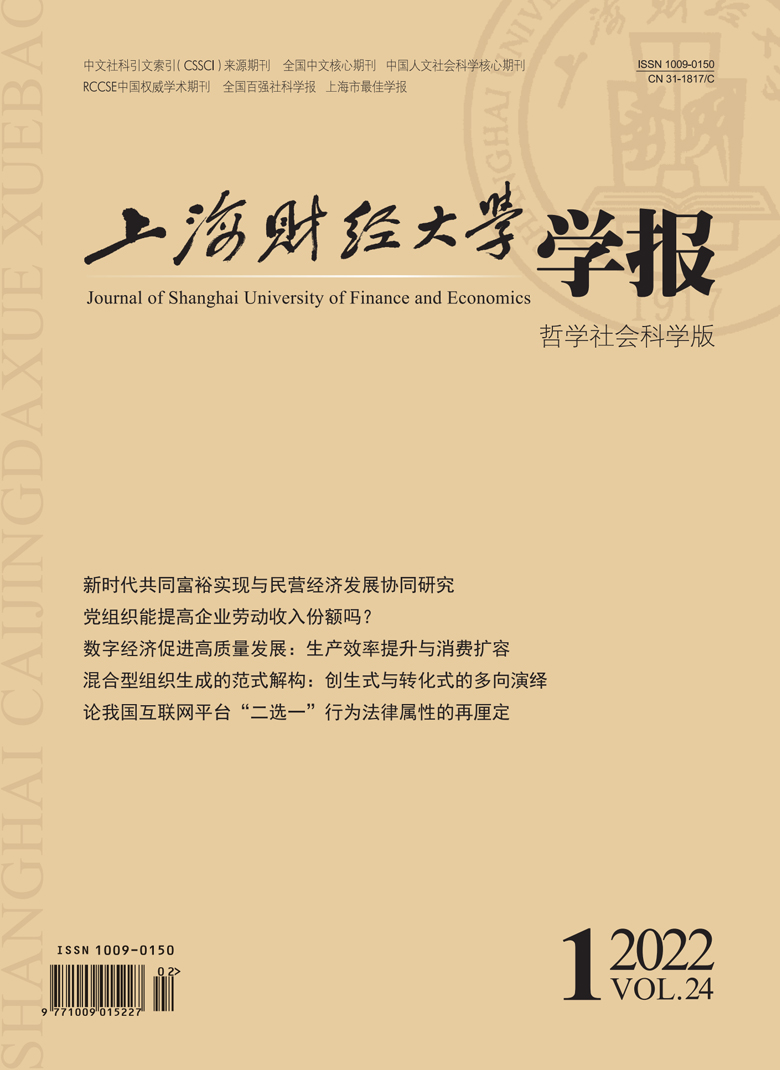The Party organization of enterprises is a unique institutional arrangement in Chinese enterprise governance. As a formal governance structure embedded in enterprises, it assumes a series of functions such as guiding and supervising the legal operation of enterprises, safeguarding the interests of the masses of employees, and building harmonious labor relations. The labor-capital income distribution relationship is an important manifestation of the internal interest structure of private enterprises. Can the Party organization that insists on all people as the center effectively influence the labor-capital income distribution structure of enterprises and promote the increase of enterprise labor income share?
Based on the 2011 and 2013 Chinese Private Enterprise Survey(CPES) data, this paper uses the treatment effect model and the entropy balance method to estimate the impact of the Party organization on the labor income share of private enterprises and its mechanism. The study finds that the establishment of the Party organization can significantly increase the labor income share of private enterprises, and the results remain stable after eliminating potential endogeneity and other governance structure interference. The mechanism test shows that the Party organization in private enterprises can reduce the squeeze of corporate capital gains on labor remuneration, improve the welfare of workers and promote enterprises to form a reasonable labor-capital income distribution structure, by alleviating corporate financing constraints, enhancing the maintenance of employee legitimate interests and strengthening the persuasive power of enterprise distribution process, thereby increasing the labor income share of enterprises. Further analysis finds that the establishment of the Party organization in private enterprises can simultaneously increase the employee wages and profitability of enterprises, and the adjustment of the labor income distribution structure of private enterprises by the Party organization does not have the problem of “wages eroding profits”. On the contrary, the Party organization’s efforts in safeguarding the interests of employees also increase labor productivity, enabling enterprises to increase employee benefits while increasing profits. The increase in labor income share is more manifested in the impact of the Party organization on the distribution of incremental corporate income, which is sustainable and realizes the Pareto improvement of enterprise production and distribution.
Compared with the existing research, the marginal contribution of this paper lies in that: Firstly, investigating the impact of the establishment of the Party organization on the labor income share of private enterprises is a further expansion of the research on the governance effect of corporate Party organizations. Secondly, it provides new ideas for further increasing China’s labor income share. Thirdly, it clarifies the internal mechanism of the Party organization to increase the labor income share of private enterprises, and systematically examines its transmission path, which provides empirical support for achieving the development goal of integrating efficiency and fairness.





 3790
3790  3453
3453

